7 Appliance Mistakes That Are Costing You Big Money
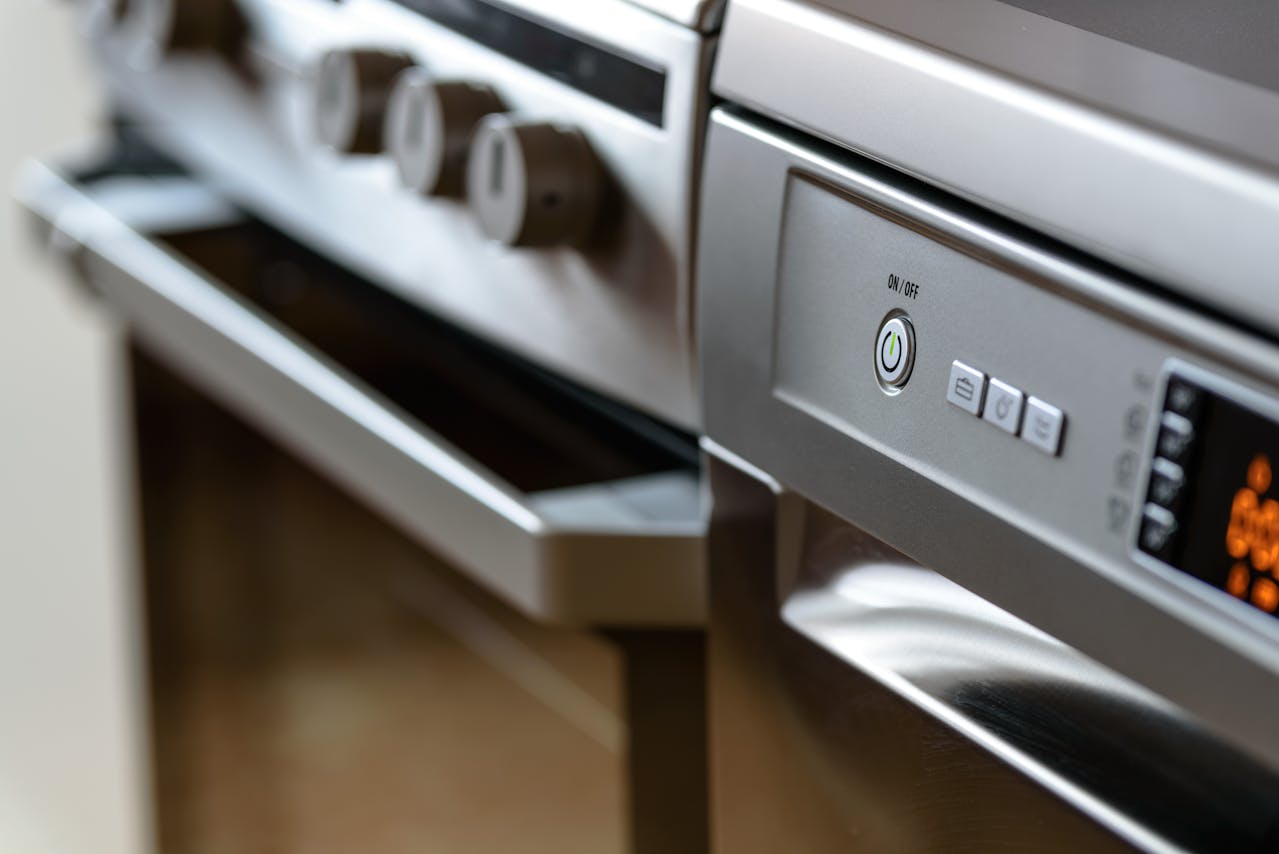
Appliances are the unsung heroes of modern homes, helping us save time and effort every day. However, many homeowners unknowingly misuse these machines, leading to increased energy bills, costly repairs, and shorter lifespans. Avoiding these common appliance mistakes can help you save hundreds of dollars annually and keep your devices running efficiently for years to come. Here are seven appliance mistakes that are costing you big money and how to fix them.
1. Overloading Your Washing Machine
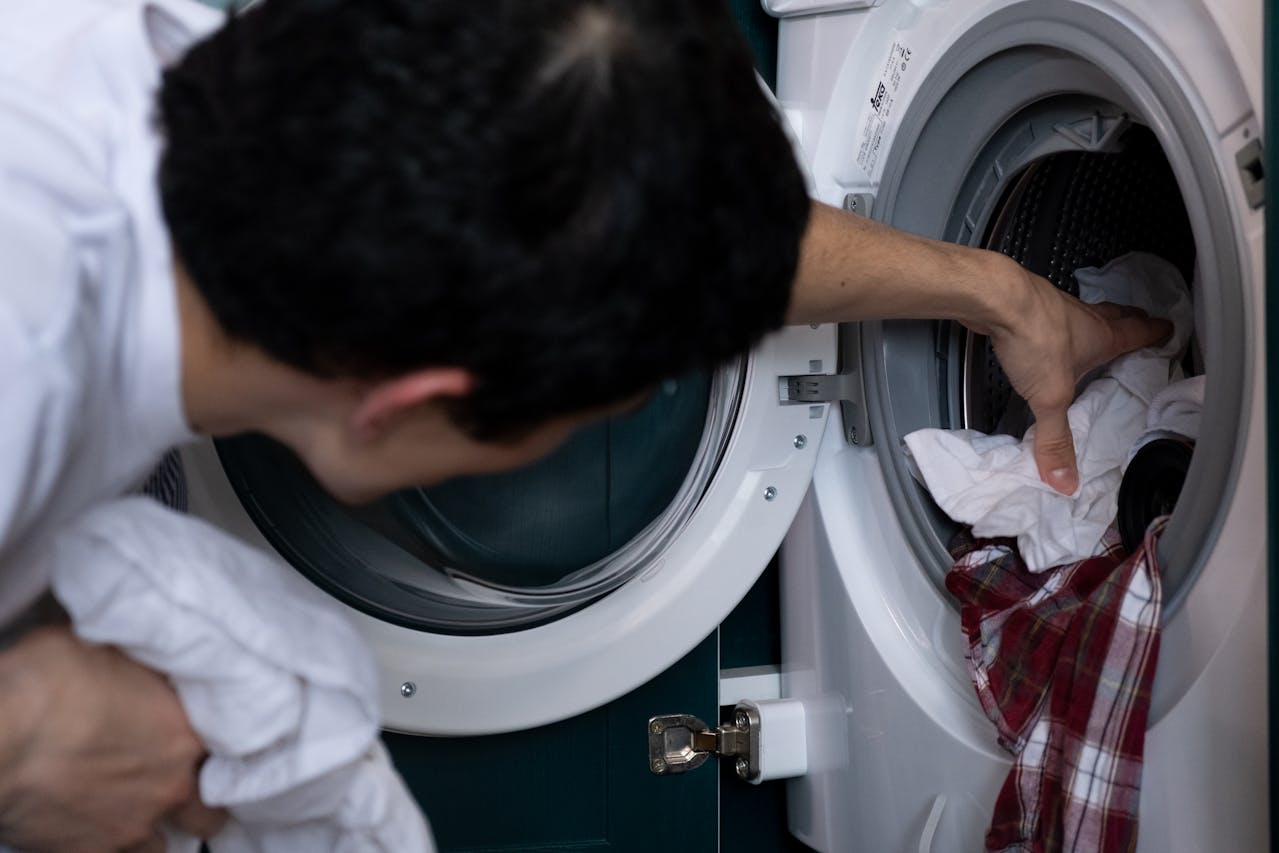
Overloading your washing machine might seem like a great way to save time and reduce the number of loads, but it’s actually causing more harm than good. Excess weight puts stress on the motor, drum, and suspension, leading to faster wear and tear and potential breakdowns. Overloaded machines also fail to clean clothes effectively because the detergent and water can’t circulate properly. This means you’ll likely need to rewash clothes, using even more water and electricity. To maximize efficiency, stick to the manufacturer’s recommended load size and balance heavy items evenly in the drum. Additionally, running smaller loads when needed can improve the longevity of your machine and ensure cleaner clothes with less strain on the appliance.
2. Neglecting to Clean Refrigerator Coils
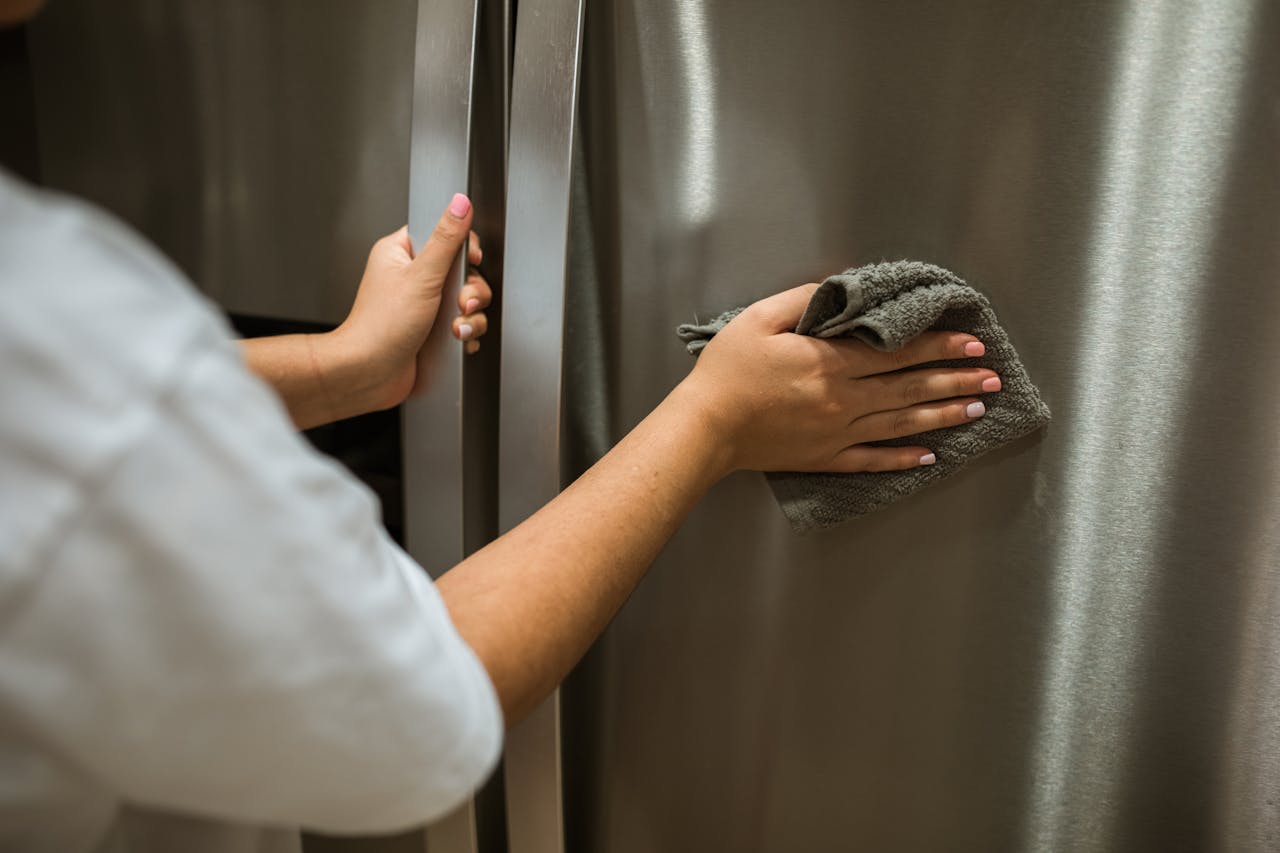
Your refrigerator is one of the most energy-hungry appliances in your home, but it works even harder when its coils are dirty. Dust and debris build up on the condenser coils, preventing the fridge from cooling efficiently. This forces the compressor to work overtime, increasing energy consumption and shortening the lifespan of the appliance. To avoid this mistake, clean the coils at least twice a year using a vacuum or coil brush. You’ll improve the refrigerator’s efficiency, save money on energy bills, and reduce the risk of costly repairs. For homes with pets or dusty environments, consider cleaning the coils more frequently to keep your fridge in top condition.
3. Using the Wrong Dishwasher Settings
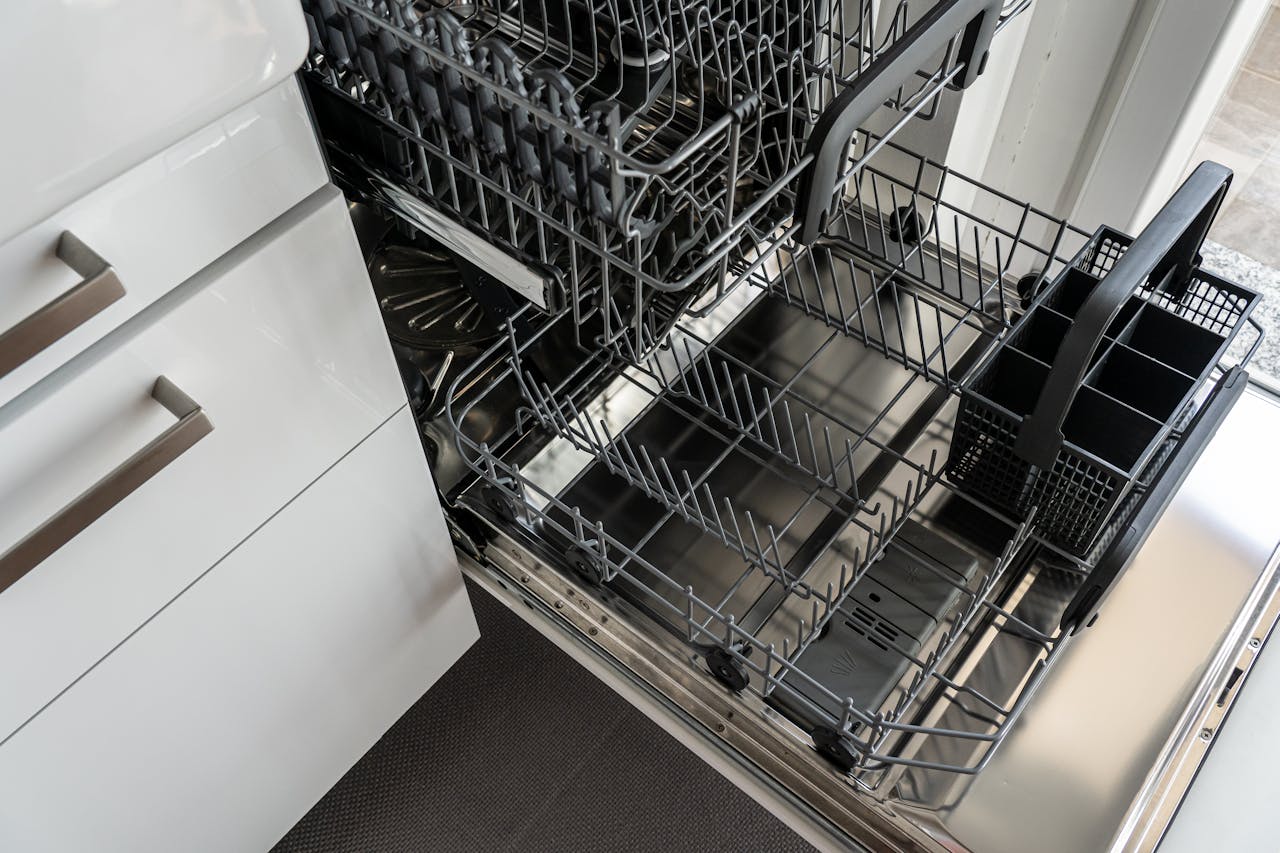
Many people assume that using the dishwasher’s hottest or longest cycle is the best way to get dishes clean, but this can waste water and energy unnecessarily. Modern dishwashers are designed to clean effectively on eco-friendly or normal settings, which use less water and lower temperatures. Additionally, pre-rinsing dishes before loading the dishwasher is another common mistake that wastes water and energy. Instead, scrape off large food particles and let the dishwasher do its job. By choosing the right settings and skipping the pre-rinse, you can lower your utility bills without sacrificing clean dishes. For stubborn stains, consider using a high-quality dishwasher detergent and regularly cleaning the dishwasher filter to maintain optimal performance.
4. Not Cleaning the Dryer Lint Trap and Vent
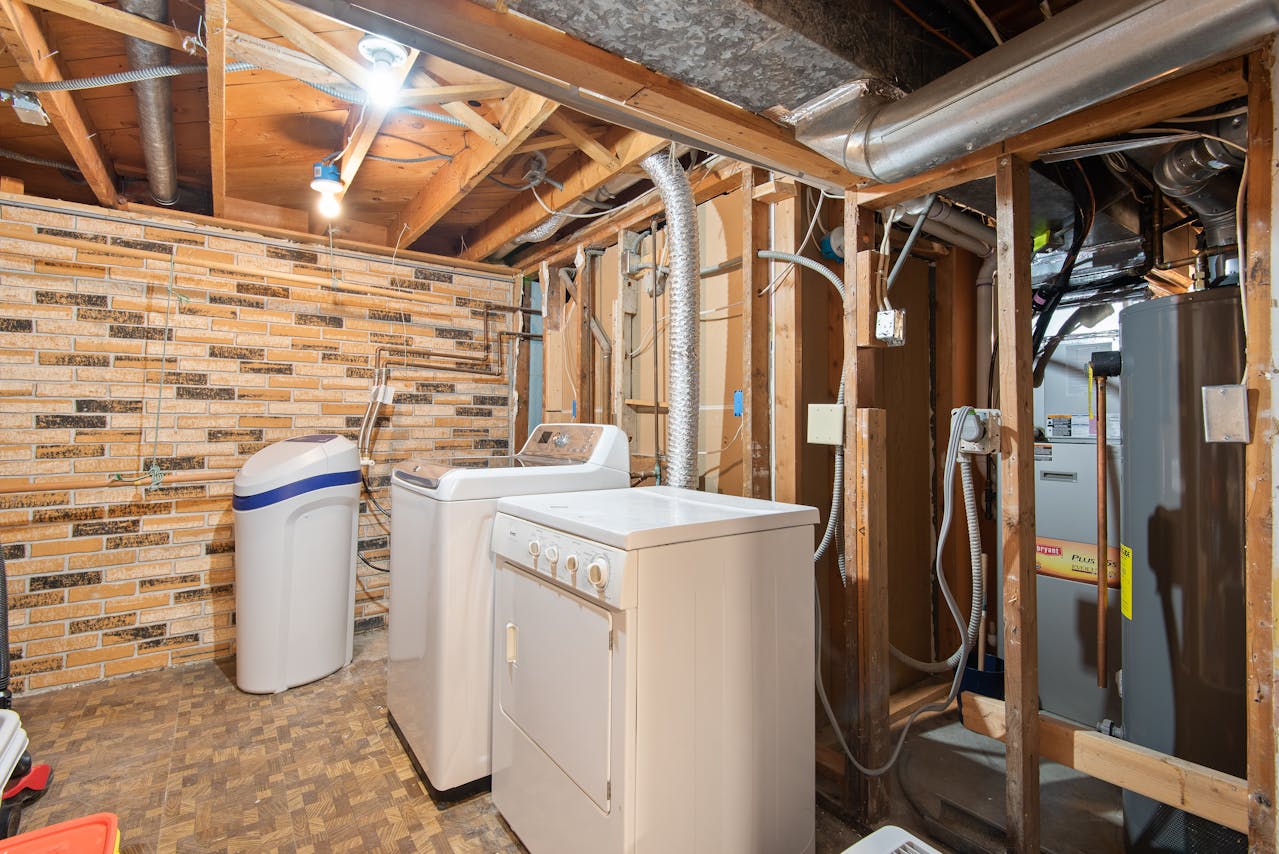
Failing to clean the lint trap and vent in your dryer doesn’t just waste energy—it’s also a major fire hazard. A clogged lint trap restricts airflow, forcing the dryer to run longer and consume more electricity to dry clothes. Over time, lint can accumulate in the vent and ductwork, further reducing efficiency and increasing the risk of overheating. To prevent this, clean the lint trap after every load and inspect the vent regularly for blockages. You can also hire a professional to clean the dryer vent annually to ensure optimal performance and safety. Additionally, consider air-drying clothes when possible to reduce energy use and extend the lifespan of your dryer.
5. Ignoring the Oven’s Self-Cleaning Cycle
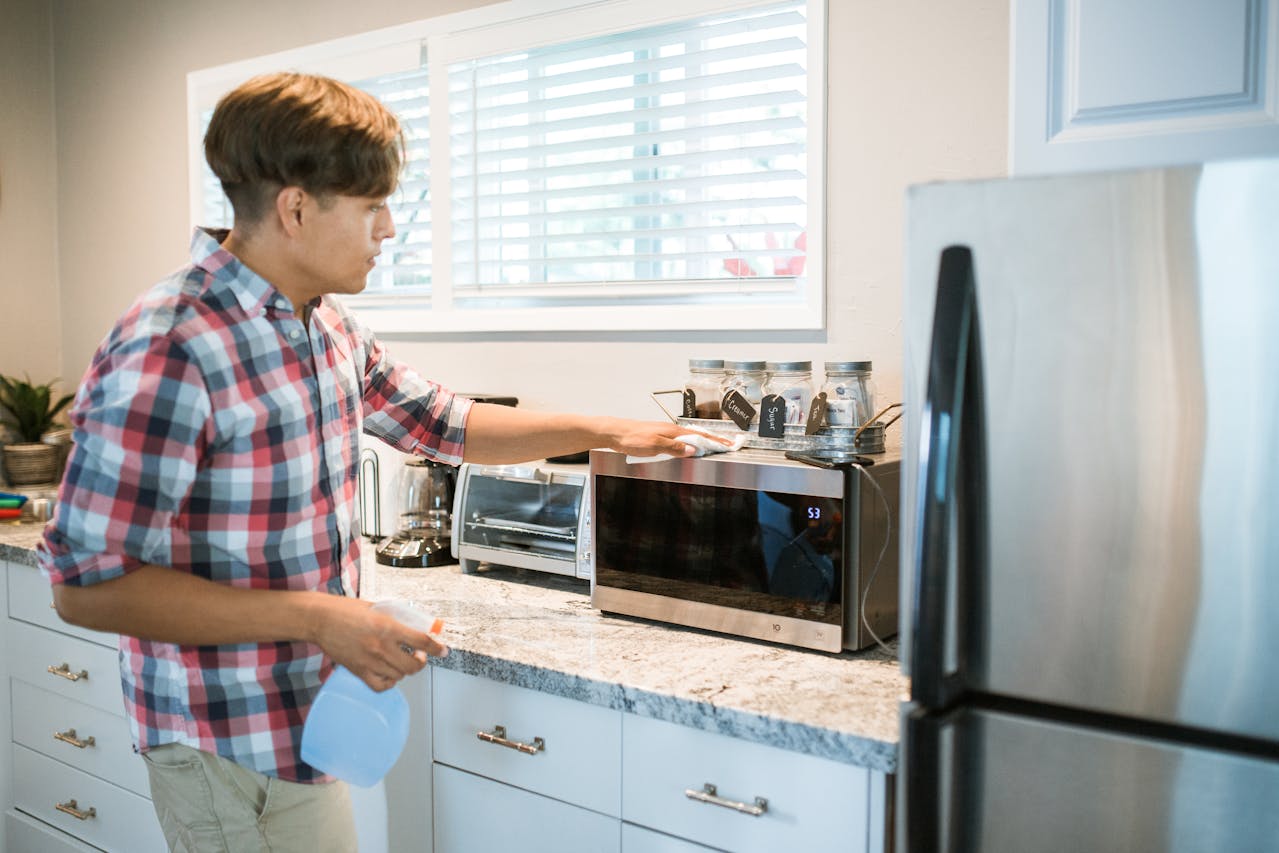
The self-cleaning feature on your oven may seem like a convenient way to tackle baked-on grime, but overusing it can cause significant damage. The self-cleaning cycle heats the oven to extremely high temperatures, which can stress internal components like heating elements and control panels. This can lead to costly repairs or even premature appliance failure. Instead of relying solely on the self-cleaning function, clean your oven regularly with gentle, non-abrasive cleaners and a bit of elbow grease. This will help you maintain a clean oven without putting unnecessary strain on its parts. For light messes, wipe spills immediately after cooking to prevent grime buildup and reduce the need for deep cleaning.
6. Running Your HVAC System Without Regular Maintenance
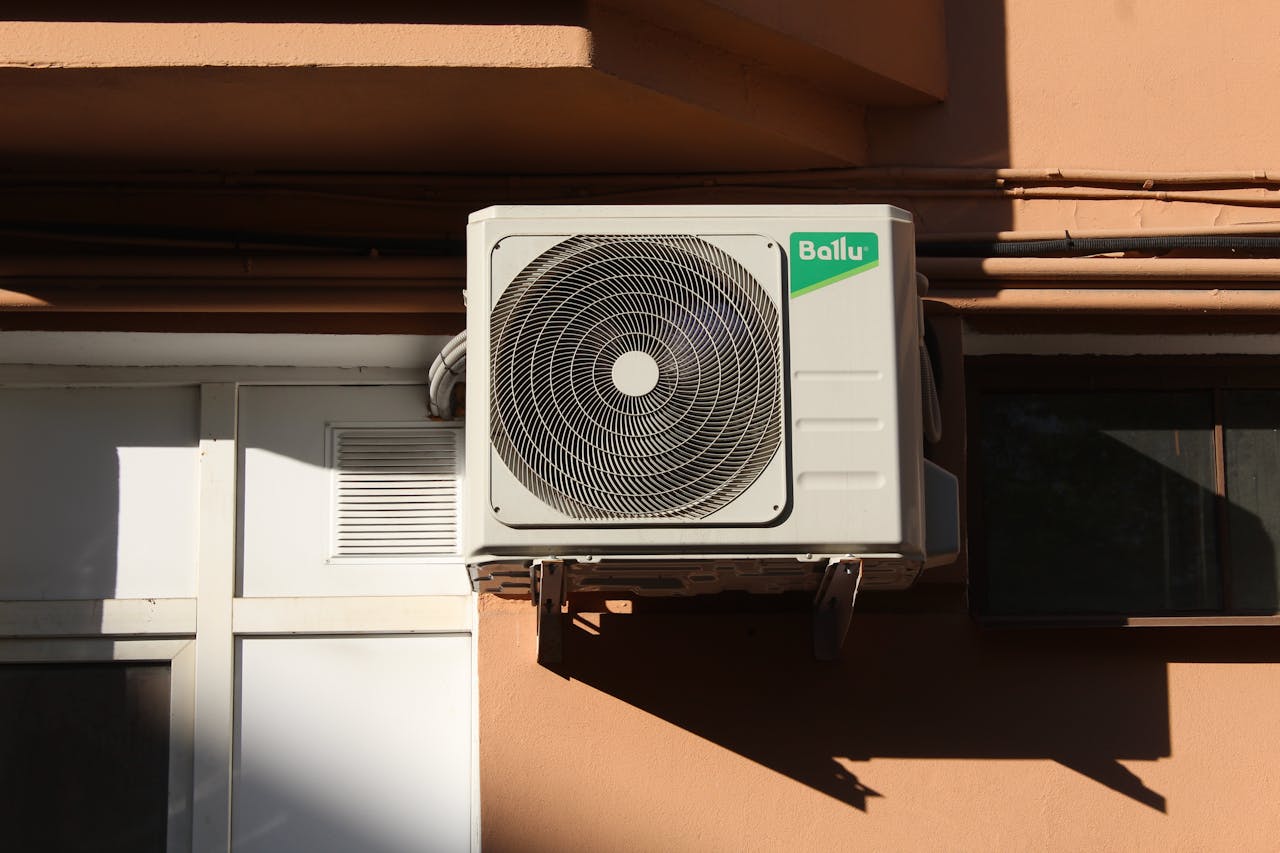
Your HVAC system works hard to keep your home comfortable year-round, but neglecting regular maintenance can lead to skyrocketing energy bills and costly breakdowns. Dirty filters, clogged vents, and worn-out components force the system to work harder, consuming more energy and reducing its efficiency. To avoid this mistake, change your HVAC filters every 1-3 months, schedule professional maintenance at least once a year, and ensure vents are clean and unobstructed. Regular upkeep not only extends the lifespan of your HVAC system but also keeps your energy costs under control. Investing in a smart thermostat can further optimize energy use by regulating temperatures more efficiently and reducing unnecessary strain on the system.
7. Leaving Small Appliances Plugged In
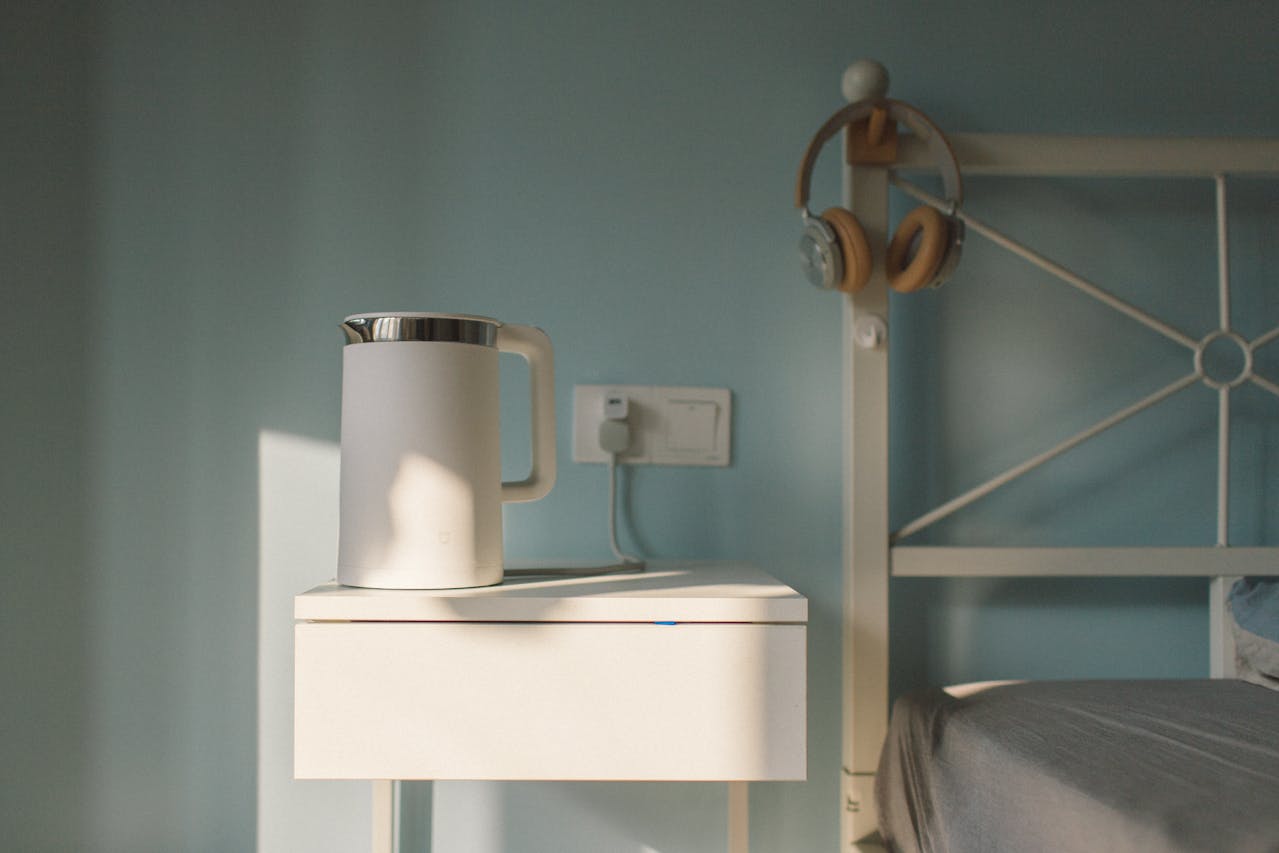
Leaving small appliances like toasters, coffee makers, and microwaves plugged in when not in use might seem harmless, but they continue to draw power even when turned off. This phenomenon, known as phantom energy consumption, can add up over time and increase your electricity bills. While each appliance may only use a small amount of energy, the cumulative effect can be significant, especially if you have multiple devices plugged in around the house. To combat this, unplug small appliances when they’re not in use or use power strips with on/off switches to easily cut off power. Over time, this simple habit can save you money while reducing your overall energy consumption.
Final Thoughts
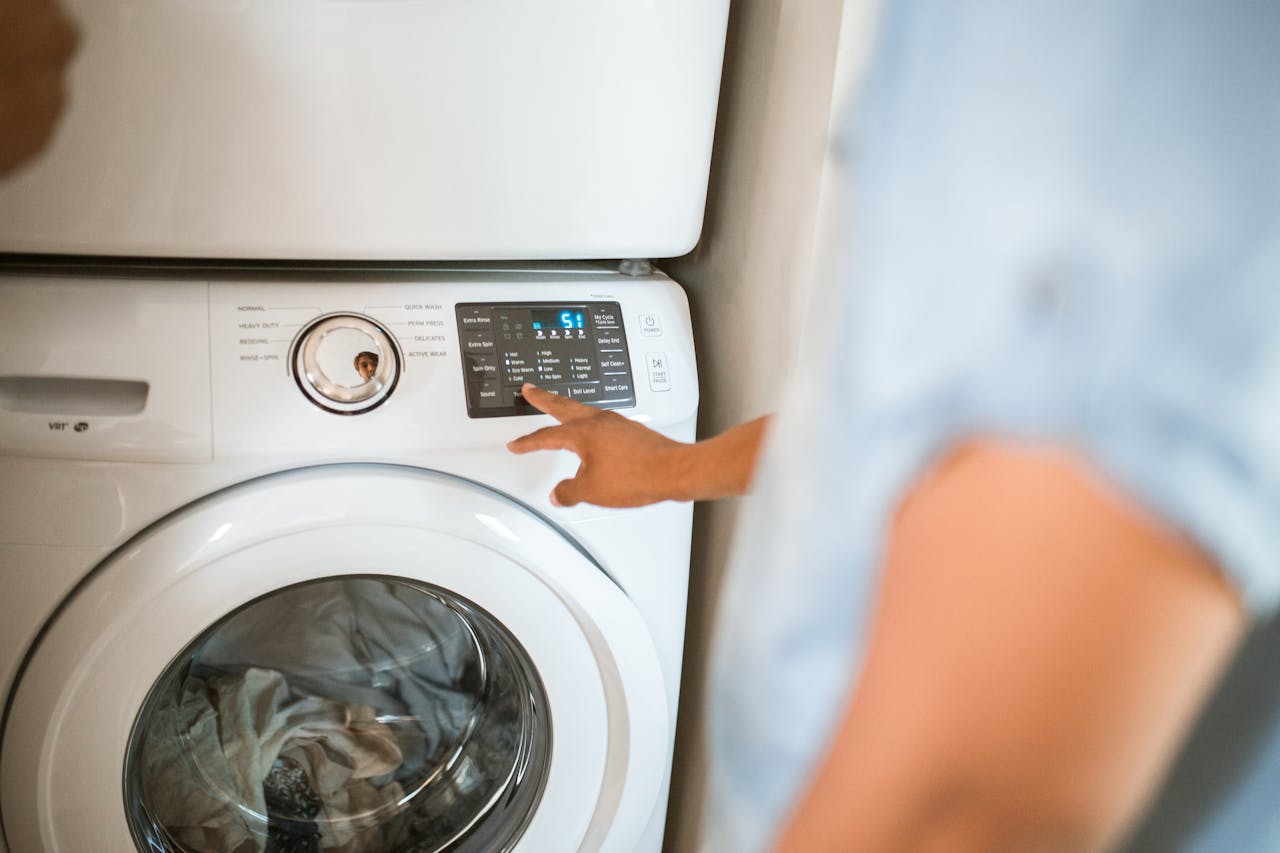
Avoiding these common appliance mistakes can save you a significant amount of money over time while keeping your devices in top shape. Simple changes like cleaning refrigerator coils, maintaining your HVAC system, and using energy-efficient settings can have a big impact on your energy bills and repair costs. Regularly inspecting and maintaining appliances like washing machines, dryers, and ovens ensures they run efficiently and last longer, reducing the need for costly replacements. By taking better care of your appliances, you’ll not only extend their lifespans but also enjoy a more efficient and cost-effective home. Start implementing these tips today and watch your savings grow!
Leave a Reply